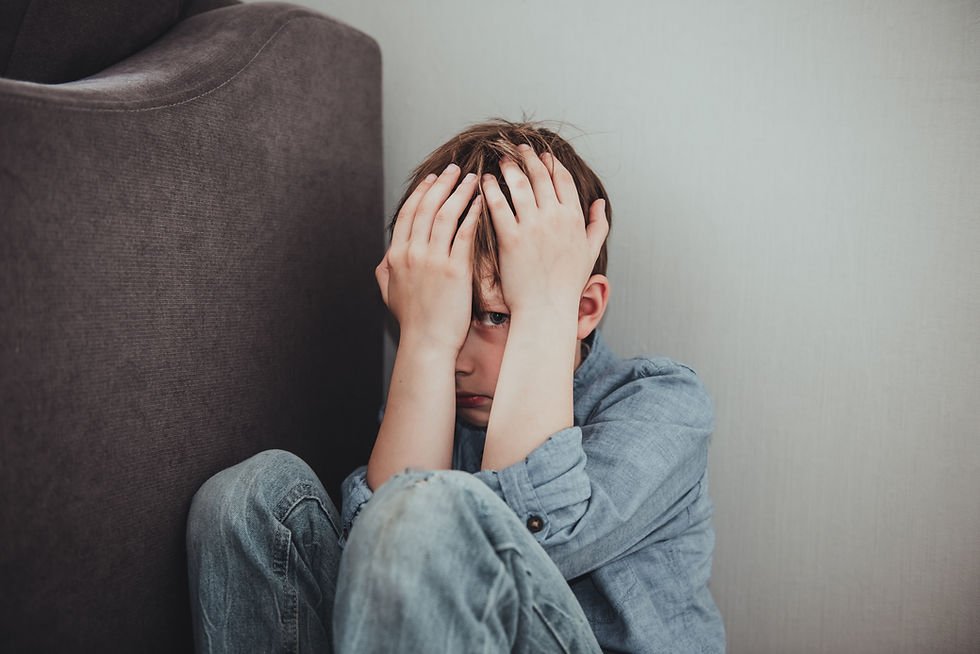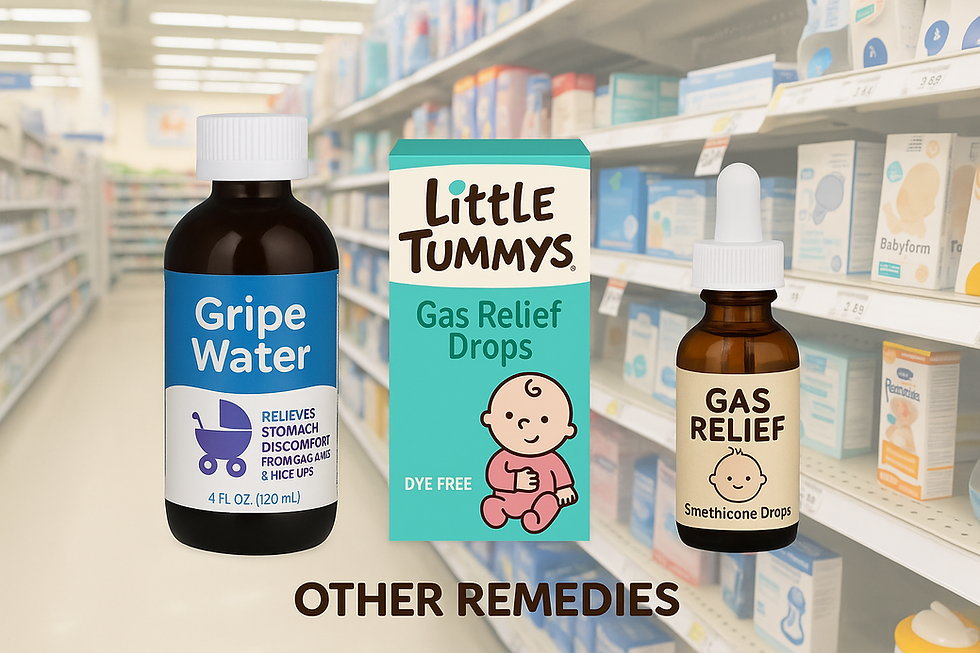Updates on the Impact of Adverse Childhood Events on Children's Health
- Colleen Mckay
- Sep 17, 2024
- 3 min read
Updated: Sep 24, 2024

Have you ever stopped to consider the profound impact that childhood experiences can have on our health and well-being? Adverse Childhood Events (ACEs) are distressing or traumatic incidents that occur during childhood, and they have far-reaching consequences that can extend well into adulthood. Shockingly, research reveals that a significant portion of our youth are exposed to these events, with approximately 20% of children experiencing at least one ACE, and a troubling 16.6% facing two or more such incidents.
Understanding Adverse Childhood Events
Adverse Childhood Events encompass a wide range of traumatic experiences that children may encounter, including physical, emotional, or sexual abuse, neglect, household dysfunction, or witnessing violence. A subcategory of ACEs that does not include child maltreatment includes parental death, incarceration, divorce/separation, family violence, mental illness, substance abuse and poverty. These events are not only emotionally taxing at the time of occurrence but also play a critical role in shaping a child's future health outcomes.
The Impact on Health
The correlation between ACEs and negative health consequences is striking. Studies have shown a direct relationship between adverse childhood events and an increased risk of various health conditions, ranging from epilepsy to substance use disorder, intellectual disability, and even headaches/migraines.
Epilepsy: Breaking the Silence
Epilepsy, a neurological disorder characterized by recurrent seizures, has been found to be more prevalent among individuals who have experienced ACEs during childhood. The stress and trauma associated with these events can trigger changes in the brain that make individuals more susceptible to seizure activity.
Substance Use Disorder: Coping with Childhood Trauma
Individuals who have faced significant adversities during childhood often turn to substances as a coping mechanism to deal with the emotional distress and pain they have experienced. This association between ACEs and substance use disorder highlights the urgent need for early intervention and support for at-risk children.
Intellectual Disability: The Challenge of Trauma
Children who have undergone traumatic experiences may exhibit delays in cognitive development and struggle with intellectual disabilities as a result. Addressing these challenges requires a comprehensive approach that encompasses both emotional support and specialized interventions to help these children thrive.
Headaches/Migraines: Unraveling the Connection
The toll of adverse childhood events on mental health is further evidenced by the increased prevalence of headaches and migraines in individuals who have faced such trauma. The stress and anxiety stemming from childhood adversities can manifest physically, leading to chronic headaches and migraines in affected individuals.
Moving Forward with Awareness and Support
As we delve deeper into the intricate relationship between childhood experiences and health outcomes, it becomes increasingly evident that addressing ACEs is not just a matter of personal resilience but a societal responsibility. By raising awareness about the prevalence and impact of these events, we can pave the way for early intervention, trauma-informed care, and supportive environments for children in need.
In conclusion, the journey from childhood adversity to adult health outcomes is a complex one, but by acknowledging the challenges and fostering a culture of understanding and support, we can work together to break the cycle of trauma and create a brighter future for all.
Let's band together to protect and nurture the well-being of our future generations, one step at a time.
Through this blog post, we aim to shed light on the critical issue of Adverse Childhood Events and their impact on children's health. It is crucial to recognize the significance of early experiences in shaping individuals' health trajectories and work towards creating a more supportive and resilient community for all.
Resource
Zarei, K., Xu, G., & Zimmerman, B. (Year). Adverse Childhood Experiences Predict Common Neurodevelopmental and Behavioral Health Conditions among U.S. Children. Children



Comments